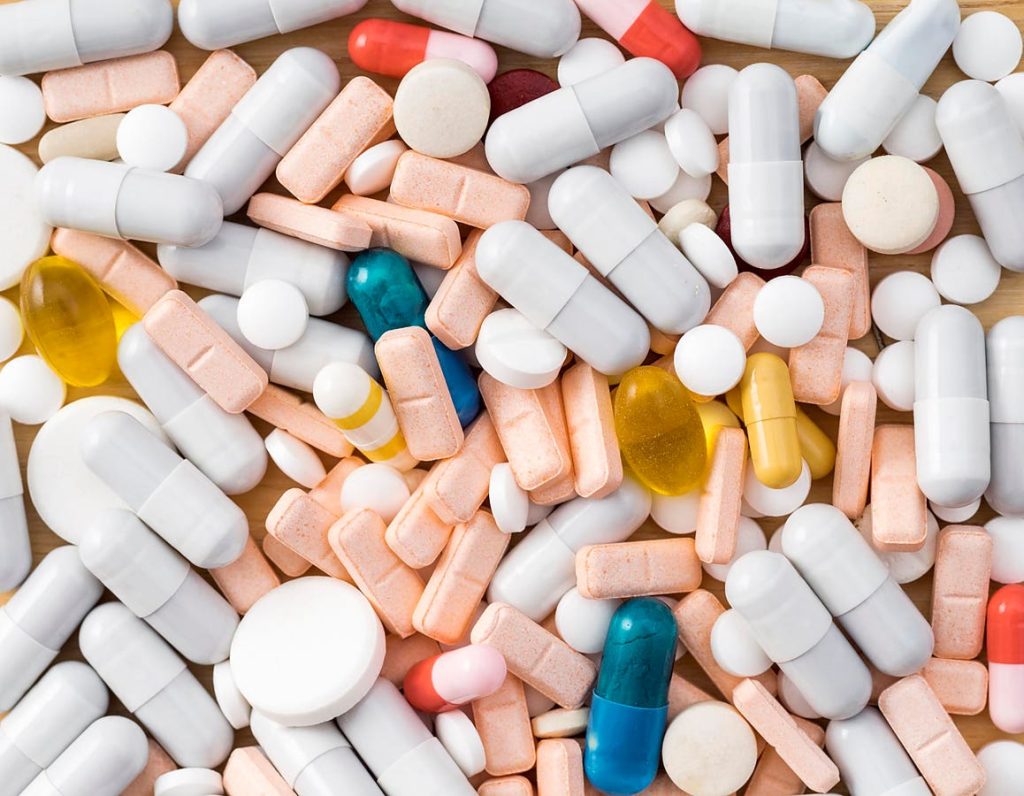The World Health Organization has highlighted the fact that a significant portion of the global population lacks access to essential medicines, leading to preventable deaths from diseases such as malaria, tuberculosis, and HIV. This issue is particularly prevalent in low- and middle-income countries, where barriers such as unaffordable drug prices, shortages, and poor distribution infrastructure hinder access to life-saving medications. In order to achieve global equity in drug access, these countries need to not only be able to afford the medicines but also effectively deliver them to those in need.
One major issue contributing to the lack of access to drugs in lower income countries is the frequent shortages in drug supply. Many of these countries have limited bargaining power in the global pharmaceutical market, leading them to rely heavily on imported pharmaceuticals. This dependency on imports makes them vulnerable to disruptions caused by natural disasters or trade restrictions. In cases of shortages in generic drugs, these countries are faced with the dilemma of either purchasing more expensive non-generic drugs or going without essential medication. However, efforts are being made to decrease this dependence by promoting local drug manufacturing.
Increasing local drug manufacturing can play a vital role in making medicines more affordable in low- and middle-income countries. By producing drugs with domestically sourced materials, countries can reduce their reliance on expensive imports. Organizations like the African Continental Free Trade Area (AfCFTA) are working to boost drug manufacturing across the continent by promoting the production of active pharmaceutical ingredients (APIs) and enhancing trading between countries. This initiative aims to reduce dependence on high-income countries and improve drug accessibility in Africa.
While increasing local drug production is important, it is not the only solution to achieving global drug equity. Many lower-income countries are also losing their own manufacturing resources to support the drug manufacturing needs of higher-income countries. This outsourcing of drug manufacturing to lower-income countries for cost-saving purposes further exacerbates inequities in drug access. Therefore, it is crucial to address not only production but also distribution issues to ensure that medicines reach those in need.
Establishing an effective distribution system for medicines is essential in ensuring equitable access to drugs. This requires collaboration between governments, policymakers, healthcare personnel, and public health volunteers to identify and reach those who require medication. Countries like Egypt have successfully eradicated diseases like hepatitis C by implementing well-defined distribution systems and lowering drug costs through negotiations. Improving infrastructure for storage, transportation, and distribution of medicines is also crucial in addressing inequities in drug access, as seen during the COVID-19 pandemic where low- and middle-income countries faced delays in vaccine distribution due to poor infrastructure.
In conclusion, while progress has been made in increasing access to essential medicines in low- and middle-income countries, challenges remain. Addressing barriers such as high drug costs and inadequate infrastructure is critical in achieving global drug equity. Strategies to overcome these challenges include promoting local drug manufacturing, increasing funding for public health systems, and ensuring fair compensation for the contributions of lower-income countries in drug development. By addressing these issues, countries can work towards achieving equitable access to life-saving medications for all.


